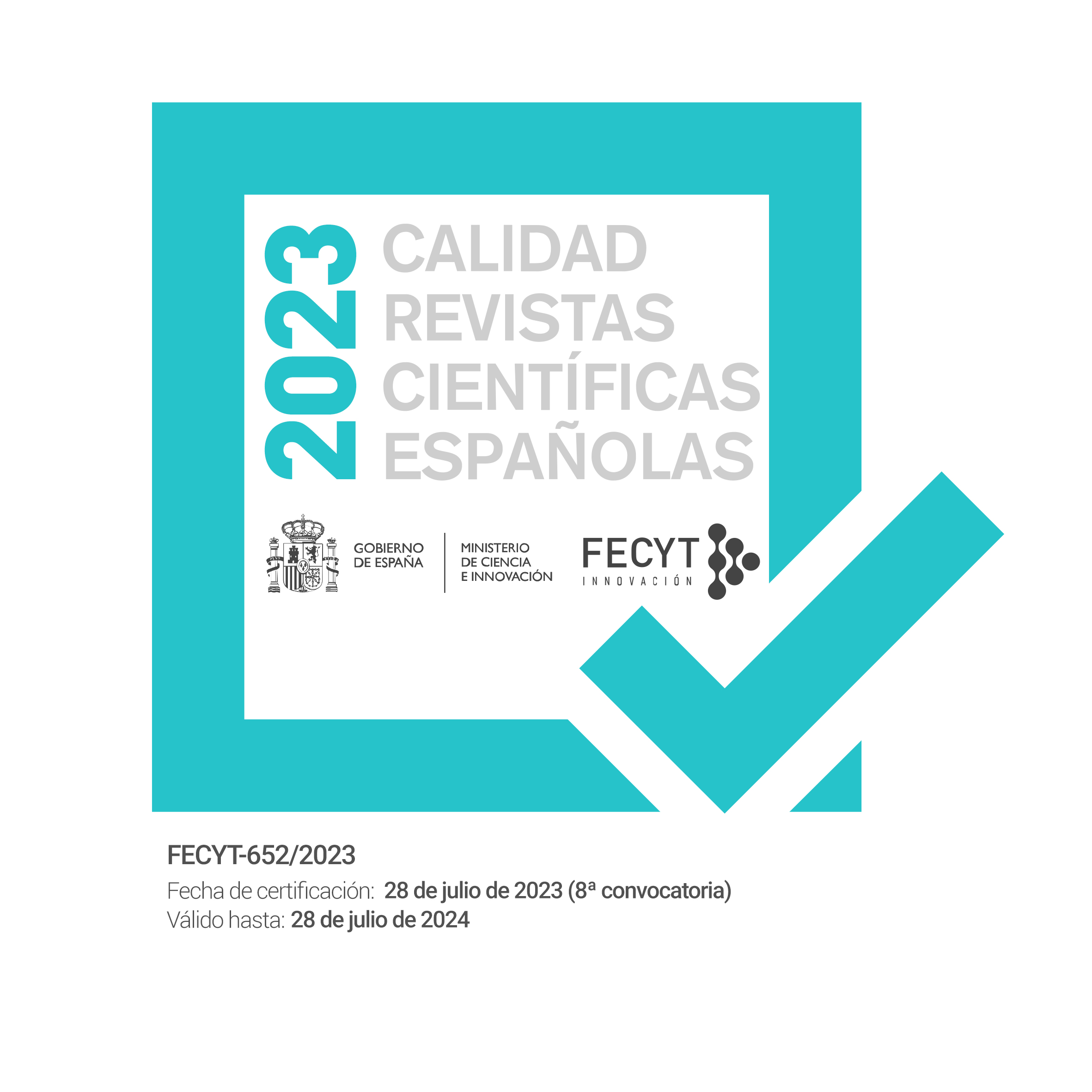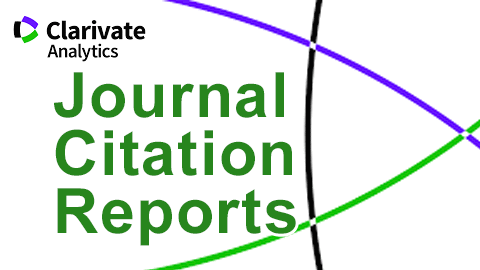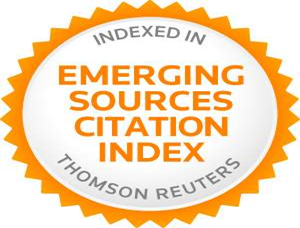Inglés en educación secundaria de adultos semipresencial a través de moodle: un análisis descriptivo
Resumen
Resumen. El rápido desarrollo de las nuevas tecnologías conlleva una constante adaptación del sistema educativo. La Enseñanza Secundaria para Personas Adultas (ESPA) en Andalucía (España), se ha incorporado a estos avances por medio de un programa semipresencial a través de Moodle. Esta incorporación conlleva una serie de retos como el perfil del alumno o la formación del profesorado. En este contexto, la enseñanza del inglés como lengua extranjera supone un conjunto de retos añadidos que han sido explorados en el proyecto de investigación presentado aquí.
Palabras clave: Entorno virtual, educación a distancia, e-Learning, nuevas tecnologías en educación.
English in Blended Adult Secondary Education through Moodle: A Descriptive Analysis
Abstract. The fast development of new technologies calls for the constant adaptation of the educational system. The Secondary Education for Adults in Andalusia (Spain) has incorporated new technologies by means of a blended program through Moodle. This incorporation implies a series of challenges such as the student´s profile or the teacher´s training. In this context, the teaching of English as a Foreign Language involves additional challenges which have been explored in the research project presented here.
Key words: Virtual environment, distance education, e-Learning, new technologies in education.
Citas
REFERENCIAS BIBLIOGRÁFICAS
- Ayuntamiento de Vícar. 20014. Página Informativa. Disponible en Web: www.vicar.es (visto 12-12-2013).
-Boletín Oficial del Estado. Ley Orgánica 2/ 2006, de 3 de mayo de Educación. Boletín Oficial del Estado, 4 de mayo, nº 106.
- Boletín Oficial de la Junta de Andalucía. Decreto 23/2007, de 31 de julio, de Educación, 8 de agosto, nº 156.
-Cabero, J., M.C. Llorente y P. Román. 2004. «Las herramientas de comunicación en el aprendizaje mezclado.» Disponible en Web: http://tecnologiaedu.us.es (visto 25-8-2012).
-Cohen, L., M. Manion y K. Morrison. 2007. Research Methods in Education. Abindgdon: Routledge.
- Consejería de Educación de la Junta de Andalucía http://www.juntadeandalucia.es/educacion
-Consejo de Europa.2001. The Common European Framework of Reference for Languages.Disponible en Web: http://.coes.int/t/dg4/linguistic/source/Framework_EN.pdf (visto 10-7-2013)
-Dougiamas, M. y P. Taylor. 2003. «Using Learning Communities to Create an Open Source Course Management System». Disponible en Web: http://dougiamas.com/writing/edmedia2003 (visto 15-8-2012).
- Gardner, H. 2006. Multiple Intelligences: New Horizons. Nueva York: Basic Books.
- GarcíaAretio, L. 2001. «Educación a Distancia ayer y hoy». Sociedad de la Información y Educación, pp. 159-192. Mérida: Junta de Extremadura.
-García Aretio, L. 2003. «¿Podemos ignorar los avances tecnológicos». Madrid: BENED. Disponible en Web: http://e-spacio.uned.es/fez/eserv.php?pid=bibliuned:20118&dsID=podemosignor.pdf
- GarcíaAretio, L. 2013. «Flipped classroom, ¿b-learning o EaD? Contextos Universitarios Mediados. Nº 13,9. Disponible en Web: http://aretio.hypotheses.org (visto 24-3-2014).
- Hernández, R., C. Fernández, P. Baptista. 2003. Metodología de la Investigación. Caracas: McGraw-Hill.
- Marozas, V., V. Dumbrava. 2010. «Motivating the Students to Study the Basics of Digital Signal Processing by using Virtual Learning Environment». ELEKTRONIKA IR ELEKTROTECHNIKA, VOL. 6: 87-90. Kaunas: Kaunas University Technology.
- Moodle Website http://moodle.org (visto 15-6-2012)
-Pérez-Díaz, V y J. C. Rodríguez. 2010. Un futuro hecho con sus manos. Almería: Fundación Cajamar.
- Pérez, M.T., M. A. Martín, O. Arratia y D. Galisteo. 2009. Innovación en docencia con Moodle. Alicante: Club Universitario
- Piaget, J. y R. García. 1982. Psicogénesis e Historia de la Ciencia. Méjico: Siglo XXI.
-Piaget, J. 1999. La Psicología de la inteligencia. Barcelona: Crítica.
- Railaite, I. y S. Jakstiene. 2008. «Using Moodle for English Lessons in a School». Nation and Language: Modern aspects of Socio-Linguistic development. Kaunas: Kaunas University Technology Press.
-Rodríguez Illera, J.L. El aprendizaje virtual. Enseñar y aprender en la era digital. Santa Fe: Ediciones Homo Sapiens.
-Skimmins, M., K. Cole, F. Travalin y B. Means. 2002. Increasing Student Learning through Multimedia Projects. Alexandria: Association for Supervision and Curriculum Development.
- UNESCO. 1997. «Aspectos económicos de la educación de adultos». Disponible en Web http://www.unesco.org/education/uie/confintea/pdf/9a_span.pdf (visto 24-04-2014).
- Vygotsky, L. S. 1986. Thought and Language. Baskerville: The Massachusetts Institute of Teaching.
- Vygotsky, L. S. 1997. The Collected Works of L. S. Vygotsky: Problems of the Theory and History of Psychology. Nueva York: Plenum Press.
- Vygotsky, L. S., R. W Rieber y A. S. Carton. 1998. The Collected Works of L. S. Vygotsky: Problems of General Psychology, including Thinking and Speech. Nueva York: Plenum Press.
-Yu, M. C. 2008. «Teaching and learning sociolinguistic skills in university EFL classes in Taiwan». TESOL Quarterly, vol. 42: 31-53. Alexandria: TESOL.
Descargas
Publicado
Número
Sección
Licencia
Reconocimiento – No comercial (CC BY-NC). Bajo esta licencia el usuario puede copiar, distribuir y exhibir públicamente la obra y puede crear obras derivadas siempre y cuando estas nuevas creaciones reconozcan la autoría de la obra original y no sean utilizadas de manera comercial.
Los autores retienen todos sus derechos de publicación y copyright sin restricciones.








